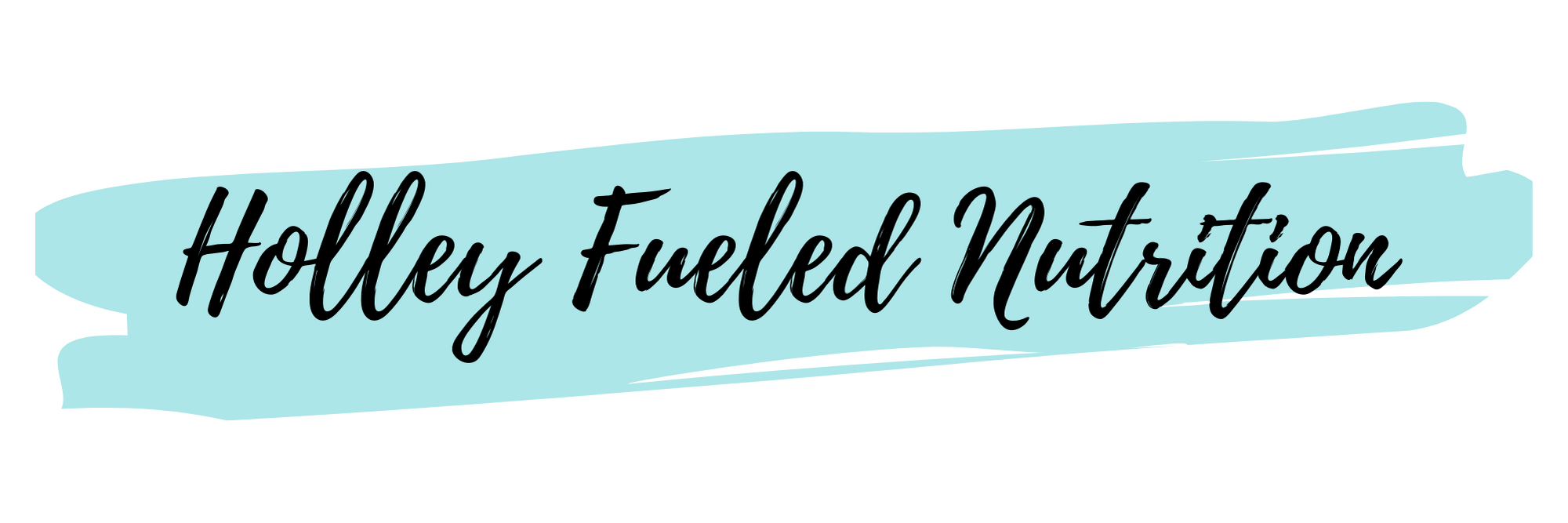Off Season Nutrition
By Holley Samuel MEd, RD, LD, CSSD, CPT
Hey runner! Chances are you just completed your goal race and are entering the offseason part of the year. For some runners, this comes as a welcome break—a time to exercise for fun and not stress over a date on the calendar. You can relax carb-loading strategies and any other nutritional adjustments made for training purposes. It's time to catch up on much-needed rest and enjoy those hobbies away from the rigors of training.
For other runners, the offseason can be anxiety-provoking, lead to a more depressed mood, create a sense of loneliness or hopelessness, and leave runners feeling unsure of what they should eat. The post-race blues are very legitimate, and it's something that many runners experience! Perhaps you have even experienced one or both of these perspectives.
Nonetheless, during the offseason, nutrition can be vital to overall health and training, both present and future. Take time to consider your off-season nutritional habits. It's a great way to get a jump start into next season's goals.
Give Yourself a Break
Yes, this is a crucial part of the training process. Give yourself a break from structured training, and allow foods and activities you miss (perhaps more fiber, for example) to come back into play.
Being “all or nothing” all the time is not good for us in the long term, and it’s good to ebb and flow your eating habits in the offseason, if it feels right. Go to that restaurant that might give you a stomach ache without risking your GI distress on your run, and have that Friday night cocktail with friends that you skipped so you’d perform well on your Saturday long run if you’ve felt like you missed out during a training cycle. Meal prep those kale salads that you might even be craving but couldn’t have because of your reduced fiber intake during training. Try that new recipe!
Regardless of your approach, give yourself some grace and indulge while you recover from the season.
Establish Your Next Goals
Following the initial recovery period, take some time to determine what the next few months will look like regarding training. This will help dictate where to focus your nutrition to support that activity.
Maybe you’re transitioning to shorter, faster speed workouts. Perhaps you’ll be training for a different sport or longer endurance event. Or maybe you’re considering cross-training for strength or physical therapy to rehab and address muscular imbalances. Whatever avenue you choose to follow, nutritional considerations will vary based on physical demands.
For less volume in endurance activity, you may find it beneficial to increase your protein and fiber intake and relax on previously elevated carbohydrate needs. Typically endurance athletes benefit from a diet moderate to high in carbohydrates to improve performance and prevent injuries. Suppose you plan to take some time off from high volume endurance. Try adjusting your meals and snacks to include more protein, fats, and fiber. Note that this does not mean to skip carbohydrates altogether or slash your calorie intake, but instead adjusting the composition of your meals slightly if needed and desired. It may also be beneficial to have routine micronutrient blood work done with your dietitian to assess if you have any discrepancies in labs that you could focus on supporting during the offseason.
Establish A Realistic Routine
If you are not spending as much time running miles in this season, consider assessing if your current nutrition habits are helping you be successful.
Are your meal planning and prepping strategy working realistically? Do you need to find more recipes or ingredients to broaden your variety? This can also be an excellent time to try new recipes, establish new routines that serve you well, and communicate your needs with your family if relevant.
If you are unsure how to adjust your nutrition to optimize your health and performance goals, working with a sports dietitian can help!
Establishing a solid, consistent routine with your nutrition in the offseason will allow you to set a foundation to build on for your next training cycle. The offseason is the time to experiment with new fueling strategies, products, timing methods and optimize your bloodwork—no need to wait until January 1st to take action.
References
Koutedakis, Yiannis, and NC Craig Sharp. "Seasonal variations of injury and overtraining in elite athletes." Clinical Journal of Sport Medicine 8.1 (1998): 18-21
Vitale K, Getzin A. Nutrition and Supplement Update for the Endurance Athlete: Review and Recommendations. Nutrients. 2019;11(6):1289. Published 2019 Jun 7. doi:10.3390/nu11061289



